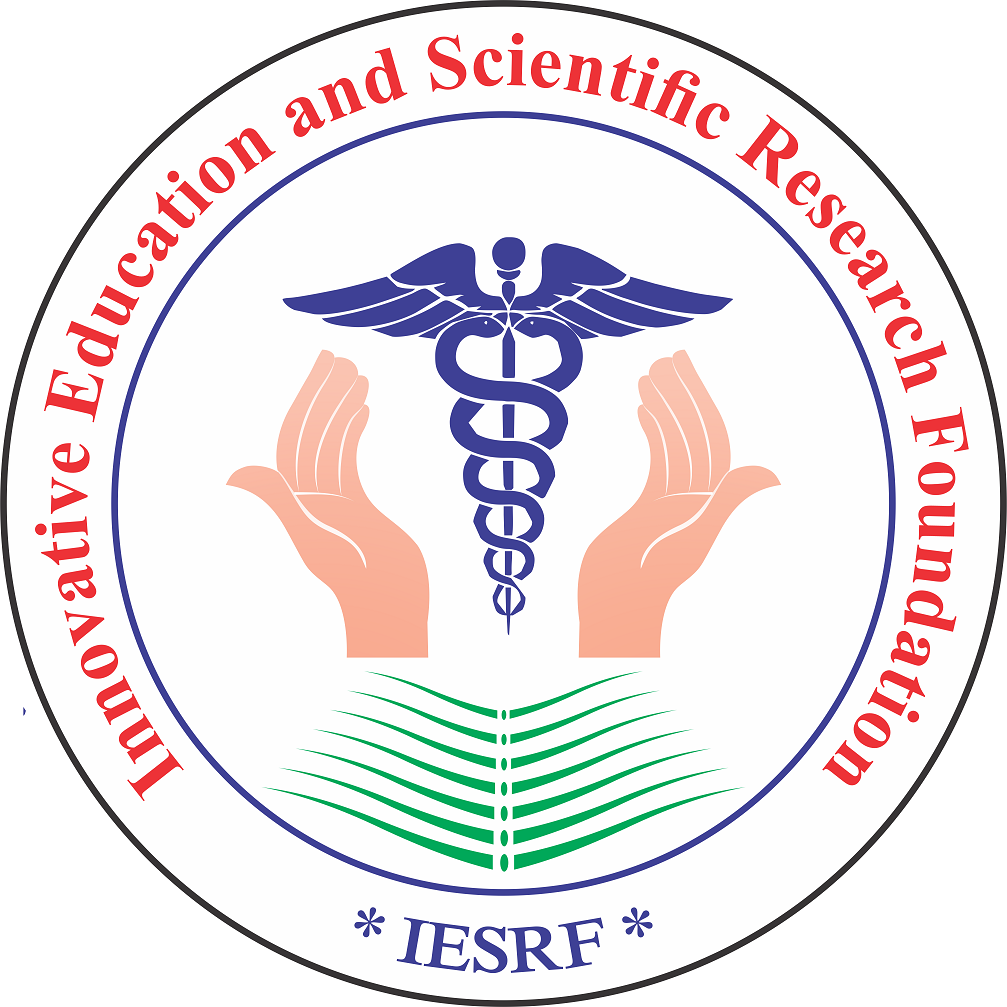Ahead of Print
Perception of Obstetrics and Gynaecology as a future career specialty among medical graduates: A cross-sectional study
Authors: Anuradha M, Aishwarya Veeraragavan, Shakthi Mani S M, Tridip Mitra
Keywords: Career Choice, Obstetrics and Gynaecology, Medical Interns, Work-Life Balance, Clerkship Experience, Medical Education
Abstract: Background Obstetrics and Gynaecology (OG) is an essential specialty within the medical profession that combines both surgical and medical care, focusing primarily on women’s reproductive health. Despite its fulfilling nature and importance to public health, OG often struggles to attract interest from medical graduates, particularly males, due to its challenging demands and concerns about lifestyle. Objective To assess the perceptions, attitudes, and factors influencing Compulsory Rotating Medical Interns (CRMI) in selecting OG as a future career specialty. Methods A cross-sectional study was carried out through a questionnaire at SRM Medical College Hospital and Research Centre in Tamil Nadu from October 2023 to July 2024. A total of 166 CRMIs participated by completing a structured questionnaire designed to gauge their knowledge, attitudes, and interest in pursuing a career in OG. The data were analyzed using Chi-square tests to identify significant relationships. Results Out of 166 respondents, 82 (54.7%) expressed interest in a career in OG. Awareness was high, with 96% recognizing it encompasses both surgical and medical aspects, and 81.3% viewing it as a continuously relevant specialty. Key obstacles included physical stress (74.7%), emotional fatigue (74.7%), perceived low financial compensation (40%), and the need for skill-based training (76.4%). Also, health issues, concerns about overtime, effects on family time, and disruption of circadian rhythms significantly influenced career choices (p < 0.01). Participants who found OG fulfilling or had positive experiences were more likely to consider it (p < 0.01). However, factors like a distressing environment, ineffective communication, and lack of mentorship did not significantly affect decision-making. Conclusion Although OG is acknowledged for its significance and opportunities, several modifiable obstacles—particularly those related to workload, emotional burden, work-life balance, and inadequate support—deter graduates from selecting it as a career. Addressing these issues through structured counselling, enhanced training programs, and departmental reforms may increase interest in OG among future medical professionals.
